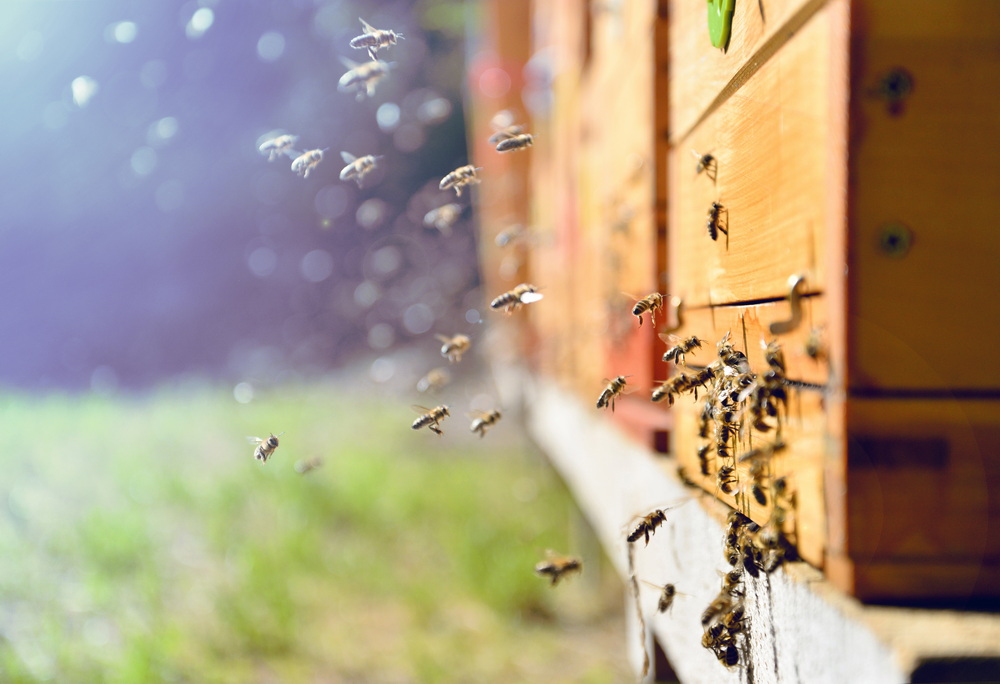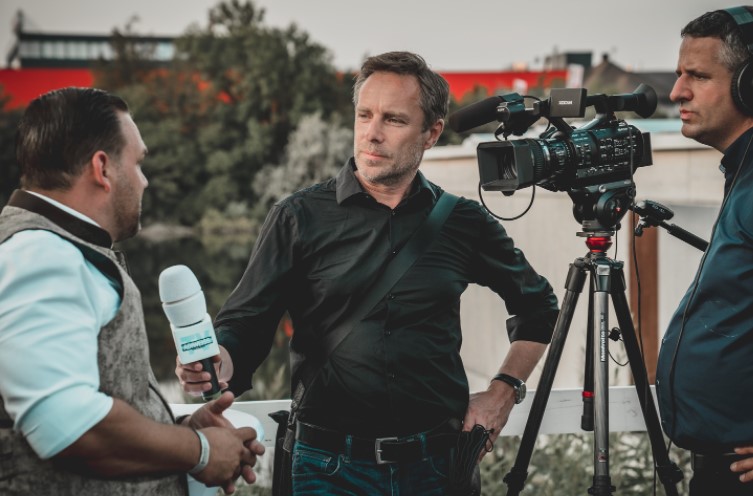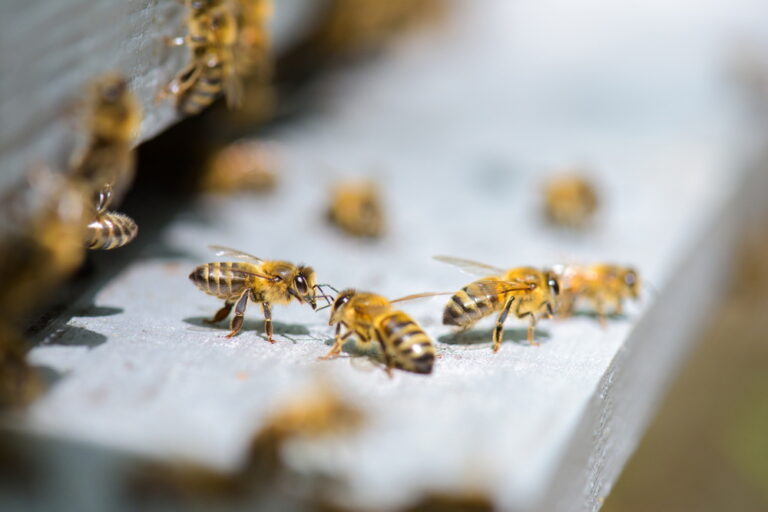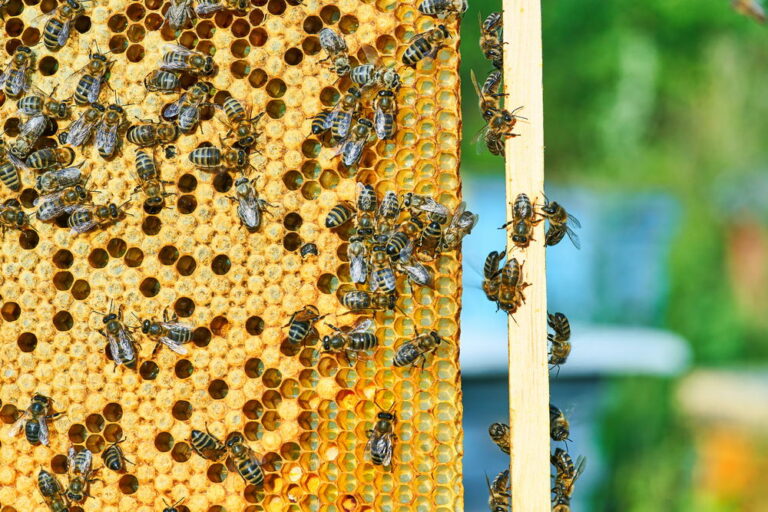How Long Would Humans Survive Without Bees?
It is hard for most people to comprehend the importance of the bee. In fact, to many, the bee is nothing more than a pest. However, the significance of this little insect cannot be underestimated. While it is impossible to say exactly how long humans would survive without bees, we do know that our entire way of life would change if they were no longer around. But why is this?
Why Are Bees So Important?
Bees, along with other pollinators such as birds, butterflies, bats, and even some flies, are responsible for pollinating almost 90 percent of the world’s flowering plants. Moreover, the honeybee alone is responsible for pollinating $30 billion worth of crops every year. That is a lot of food, so just stop to think about what would happen without the bee.
For starters, $30 billion worth of crops would not get pollinated. Without pollination then, these plants would be lost. The animals that survive solely on these plants would die, as would the animals that prey on those animals. This would continue up the chain and would inevitably result in a global food shortage.
Are Bees Really in Danger?
According to the Center for Biological Diversity, the American bumblebee population has plummeted by almost 90 percent and may warrant Endangered Species Act protection. But it is not just the American bumblebee. Many wild bee species are in danger because of the activities of humans. The development of land for both commercial and residential development has led to many wild bee habitats being lost.
Fair Planet says that over the past 300 years there has been large-scale loss of bee populations, with 40 percent of invertebrate pollinator species facing extinction and eight species of bee already having been declared endangered.
What are the Risks to Bees
Loss of habitat as already mentioned is a major factor in the decline of bee populations around the world, but so too is the way in which humans farm. The use of monoculture is perhaps the biggest factor in colony collapse disorder, which according to researchers at Montana State University was responsible for the death of 40 percent of honeybee colonies in the winter of 2019.
Monoculture is the growing of just one crop at a time, which as far as humanity is concerned is an efficient farming method in terms of planting, harvesting, and the machinery used. However, with just one crop available, bees are only able to access one nutrient source at a time. This then results in poor immunity for bees. With only one type of nutrient, bees are unable to ward off bacterial and fungal infections, which inevitably leads to the death of entire colonies.
Pesticides are also affecting bees. A study by Clara Stuligross, a University of California Ph.D. student, found that some of the worst pesticides in terms of harm to bees are those classed as neonicotinoids. Typically sprayed on soil or coated on seeds, these pesticides make their way into the pollen that is gathered by bees. So when these are ingested at high levels, the chemicals can have an impact on how bees reproduce. The study found that bees exposed to neonicotinoids over two generations produced 75 percent less offspring than those that had never been exposed to the same chemicals.
Without bees, humans would struggle to survive due to a catastrophic impact on global food supplies. It is important therefore to do all we can to save them. Companies such as Project Honey Bees are helping by donating proceeds from sales of their bee necklaces. You can do your bit as well by doing things such as making a bee-friendly garden and switching to pesticide-free organic produce.







